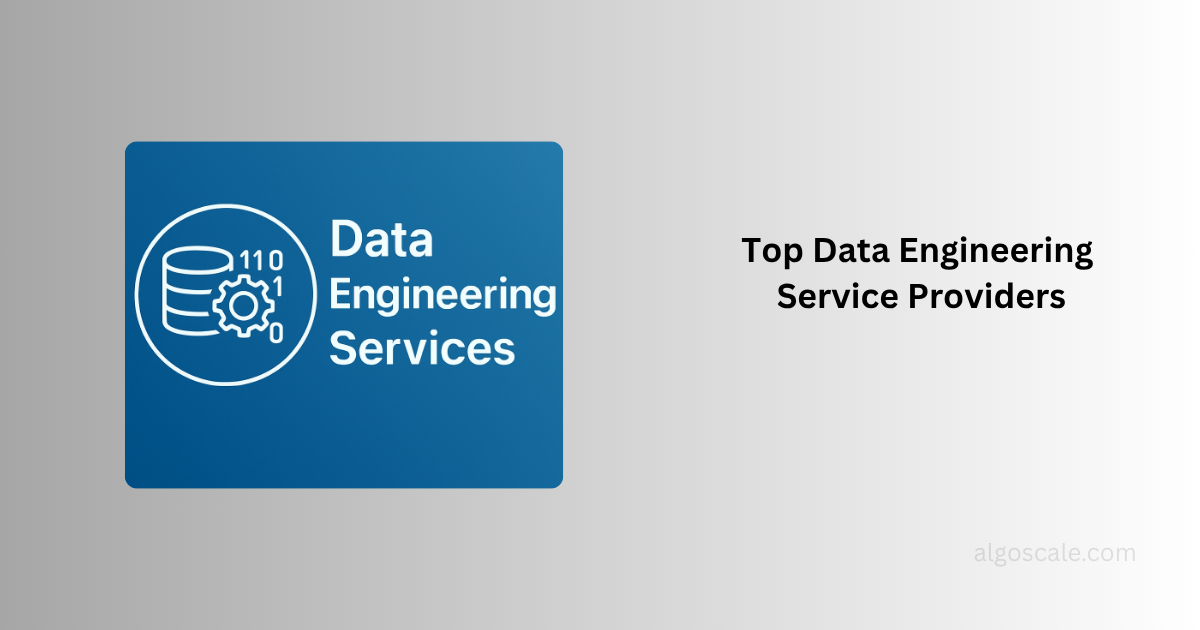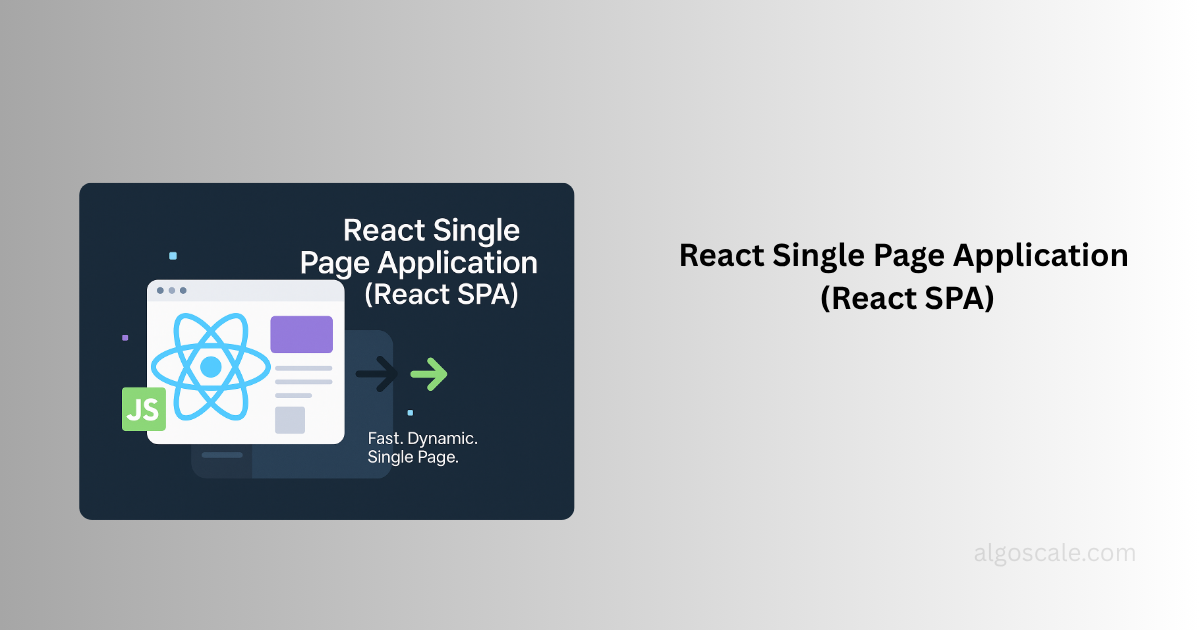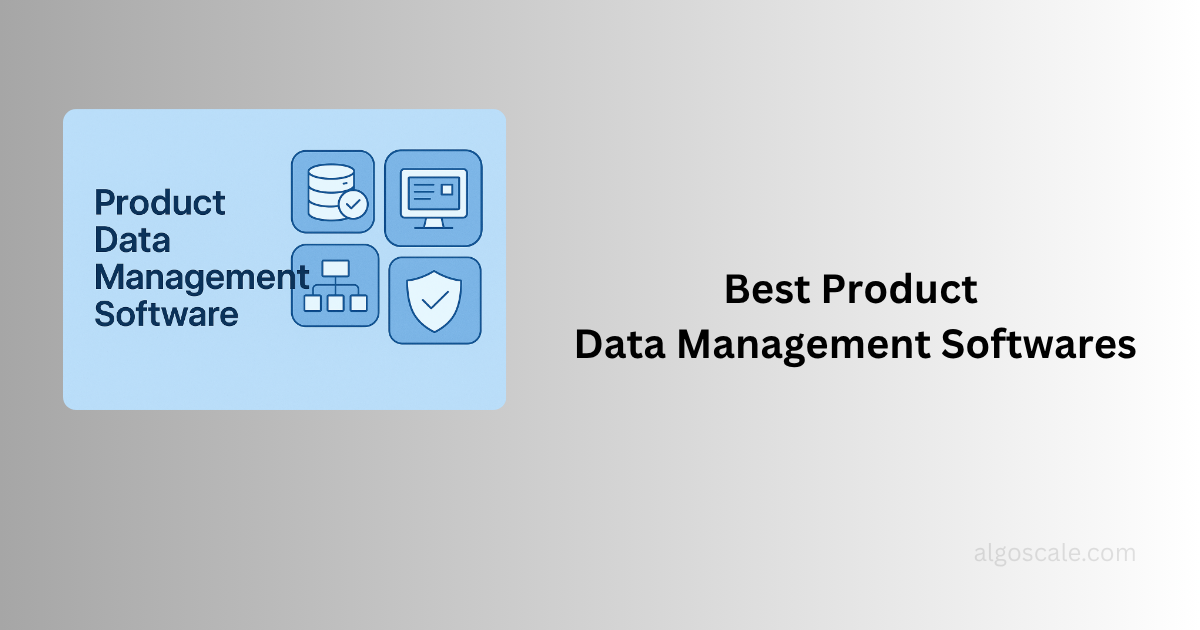For most marketing agencies, time is the most valued commodity.
Improving your team’s performance is often a top priority, and that’s why having a custom marketing analytics dashboard is indispensable.
A marketing analytics dashboard tracks and monitors your marketing data and provides insight into the inner workings of your sales and marketing functions. It offers interactive visualization of data that lets you monitor progress, identify areas of improvement, and optimize operations. In short, it is one of the most vital tools to deliver results and scale your business effectively.
However, it is seen that many enterprises still depend on generic analytical tools for marketing analysis. This creates several challenges as generic tools often provide a limited scope of customization. These tools may not capture the unique requirements of a business or industry, making it difficult to gain meaningful insights.
Suppose you are planning to build customized marketing analytics dashboards for your enterprise. In that case, you must consider using tools like Django, a high-level Python web framework, and Angular, a JavaScript framework. Both tools provide a strong foundation for managing data and creating interactive visualizations, enabling businesses to gain actionable insights and make data-driven decisions efficiently.
In today’s blog, we will discuss Django and Angular, and understand how the two can be used for building custom marketing analytics dashboards.
Understanding the Need for Custom Marketing Dashboards
A well-designed analytics dashboard in your vehicle serves as its control panel. Without opening the hood, you can obtain all the necessary information about your vehicle’s condition.
The same goes for marketing dashboards. With a marketing analytics dashboard, you can obtain a detailed overview of all your marketing efforts without analyzing metrics on multiple platforms.
The level of visibility that a custom marketing dashboard can provide is invaluable. You can use all the acquired information to make well-versed decisions, experiment with your campaigns more strategically, and adjust campaigns on the go. As per Hubspot, an average marketer spends approximately 250 hours/ year drawing on manual reporting. This can be cut down to a minimum with marketing dashboards.
To help you understand better, below we have enumerated the top benefits of having a custom marketing dashboard for your enterprise.
- Core marketing data stored in a single, unified place
A crucial aspect of a custom marketing dashboard is its ability to store core marketing data in a single, unified place with the help of a data warehouse. By centralizing data from multiple marketing platforms, a marketing dashboard offers a holistic view of key marketing metrics, optimizing performance and efficiency.
- Real-time data updates reduce the risk of human error
Advanced marketing analytics dashboards automatically refresh data at a predefined frequency, providing marketers with the hottest insights into their marketing efforts.
- Increases transparency at all stages of the funnel
A marketing analytics dashboard provides transparency into the lead-capturing and conversion process. This enables marketers to improve sales/marketing alignment and enhance cross-departmental collaboration.
- Quick and effective ROI analysis
Marketing analytics dashboards provide visibility into the return on investment (ROI) of marketing campaigns and activities. Marketers can assess the effectiveness of their marketing spend, identify high-performing campaigns, and allocate resources to activities that generate the highest returns.
- Enhances data-driven decision making
Marketing analytics dashboards give marketers real-time access to key metrics and data, allowing them to make informed decisions based on accurate insights.
Building Robust Analytics Dashboards with Django and Angular
Django with Angular offers several benefits for building robust analytics dashboards.
Django can take care of all the backend development including data modeling and database management. Angular, on the other hand, can be used for creating a highly responsive and intuitive UI. Thus, developers can focus on their separate development areas and promote clean coding architecture.
Angular has various tools and components that can help to quickly build rich and feature-packed apps that run on multiple platforms. Its data-binding functionality is ideal for creating interactive and visually appealing data visualizations. Developers often combine Angular with charting libraries like D3.js or Chart.js to display analytics data in a meaningful and engaging way.
On the other hand, Django can efficiently manage database operations. Together with Angular, the two can make sure that the analytics dashboard can handle large datasets and provide a smooth user experience.
Thus, it is safe to say that Django and Angular complement each other’s strengths. The two provide a solid foundation for building robust analytics dashboards that are scalable, high-performing, and visually compelling.
Case Study: Data Warehouse for A Marketing Agency
To help our client, Algoscale built a data warehouse to serve as a central repository of all information. As a part of our solution, we also developed a custom marketing analytics dashboard using Django and Angular that extracted data from multiple sources and provided detailed weekly reports. Our developed solution enabled our client to minimize time spent on generating weekly reports by 80%.
Conclusion
Custom marketing analytics dashboards are an indispensable part of modern-day enterprises. By tracking and monitoring all marketing data, these dashboards help businesses to make timely adjustments, optimize their strategies, and boost the impact of their marketing campaigns. And with Django and Angular, enterprises can streamline the process of creating powerful analytics solutions.
Algoscale is one of the leading product engineering services companies in the USA with wide-ranging expertise in Django and Angular. Our experts can design tailored solutions to fulfill your precise business objectives. Contact us today for a consultation and take your marketing analytics to the next level.











